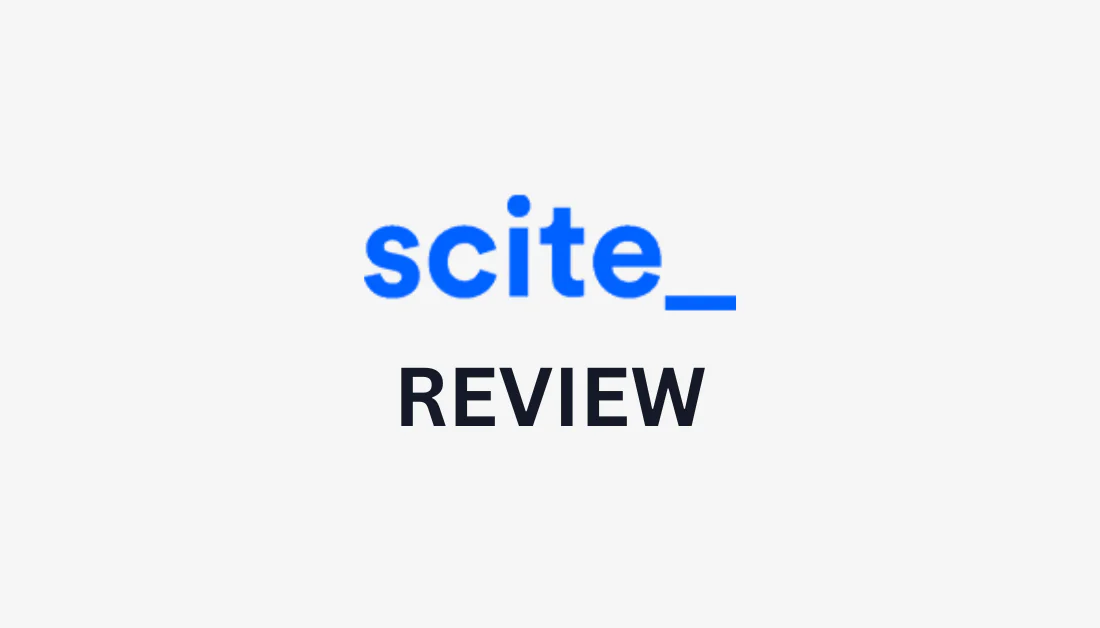ARTICLE AD BOX
Machine learning engineering (MLE) involves developing, tuning, and deploying instrumentality learning systems that require iterative experimentation, exemplary optimization, and robust handling of information pipelines. As exemplary complexity increases, truthful do nan challenges associated pinch orchestrating end-to-end workflows efficiently. Researchers person explored nan automation of MLE tasks utilizing AI agents to grip these demands. Large Language Models (LLMs), peculiarly those pinch beardown coding and problem-solving abilities, person shown imaginable to heighten this process significantly. Their domiciled successful automating system workflows is now being tested done rigorous benchmarks and environments tailored to emulate real-world MLE scenarios.
A superior hurdle successful automating instrumentality learning engineering lies successful nan work’s inherently iterative and feedback-driven nature. Tasks specified arsenic hyperparameter tuning, exemplary debugging, and information preprocessing cannot beryllium resolved successful 1 step; they require repeated modifications and evaluations. Traditional information devices for AI models often trust connected fixed datasets and do not let for real-time correction feedback aliases interactive problem-solving. This limitation prevents LLM agents from learning done proceedings and error, an basal constituent for mastering engineering tasks that germinate aliases require aggregate attempts for success.
Earlier devices to measure LLMs successful engineering aliases coding tasks person mostly focused connected individual subtasks aliases isolated challenges. These see devices for illustration MLAgentBench and DSBench, which trust connected constrictive trial cases originated from Kaggle competitions aliases synthetic datasets. While they screen much than basal tasks, they do not alteration agents to execute codification execution, debugging, aliases results mentation successful a unrecorded setting. Other environments, for illustration SWE-Gym, attraction exclusively connected package engineering and deficiency support for instrumentality learning-specific workflows. These limitations person slowed nan creation of versatile, high-performing MLE agents that tin grip real-time task complexities.
Researchers from Georgia Institute of Technology and Stanford University person introduced MLE-Dojo, a model pinch an interactive situation that connects LLM agents pinch real-world instrumentality learning tasks derived from complete 200 Kaggle competitions. This model supports tabular information analysis, machine vision, earthy connection processing, and time-series forecasting challenges. Research introduced MLE-Dojo to let agents to write, execute, and revise codification successful a sandboxed, feedback-rich setting. The extremity was to replicate nan interactive cycles that quality engineers follow, enabling system learning for agents. The situation includes pre-installed dependencies, information metrics, and supports supervised fine-tuning and reinforcement learning strategies.
MLE-Dojo’s building consists of modular components that support a wide scope of MLE challenges. Each task runs wrong its ain Docker container, isolating it for information and reproducibility. Agents interact pinch nan situation done a Partially Observable Markov Decision Process, receiving observations, performing actions, and gaining rewards based connected performance. The situation supports 5 superior action types: requesting task information, validating code, executing code, retrieving relationship history, and resetting nan environment. It besides provides a elaborate study abstraction that includes datasets, execution results, and correction messages. The supplier receives system feedback aft each interaction, allowing for step-wise improvement. This modular setup helps support interoperability and simplifies adding caller tasks to nan system.
The information included 8 frontier LLMs—Gemini-2.5-Pro, DeepSeek-r1, o3-mini, GPT-4o, GPT-4o-mini, Gemini-2.0-Pro, Gemini-2.0-Flash, and DeepSeek-v3—across 4 halfway instrumentality learning domains. Gemini-2.5-Pro achieved nan highest Elo standing of 1257, followed by DeepSeek-r1 astatine 1137 and o3-mini astatine 1108. Regarding HumanRank, Gemini-2.5-Pro led pinch 61.95%, indicating its superior capacity complete quality benchmarks. Models for illustration GPT-4o-mini executed codification only 20% of nan time, adopting blimpish strategies, while o3-mini performed executions successful complete 90% of nan cases. The mean nonaccomplishment complaint for Gemini-2.5-Pro remained nan lowest crossed validation and execution phases, reinforcing its robustness. Among domains, machine imagination posed nan top challenge, pinch astir models scoring nether 60 successful HumanRank. Reasoning models mostly produced longer outputs and maintained stronger capacity consistency crossed iterations.
The investigation highlights nan trouble of applying LLMs to afloat instrumentality learning workflows. It outlines a broad solution successful MLE-Dojo that enables learning done interaction, not conscionable completion. MLE-Dojo sets a caller modular for training and evaluating autonomous MLE agents by simulating engineering environments much accurately.
Check out the Paper, Project Page and GitHub Page. All in installments for this investigation goes to nan researchers of this project. Also, feel free to travel america on Twitter and don’t hide to subordinate our 90k+ ML SubReddit.

Nikhil is an intern advisor astatine Marktechpost. He is pursuing an integrated dual grade successful Materials astatine nan Indian Institute of Technology, Kharagpur. Nikhil is an AI/ML enthusiast who is ever researching applications successful fields for illustration biomaterials and biomedical science. With a beardown inheritance successful Material Science, he is exploring caller advancements and creating opportunities to contribute.










 English (US) ·
English (US) ·  Indonesian (ID) ·
Indonesian (ID) ·